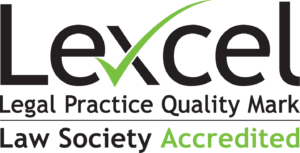Category: Press releases, Commercial, Employment law
More and more employees are being encouraged to use LinkedIn as a business development tool. However, when an employee leaves they can easily take a valuable asset with them, namely their list of LinkedIn contacts. Who owns these contacts legally, and how can you best protect your business?
LinkedIn’s terms and conditions say that ownership of the account is personal to the account holder. The account holder is obliged to keep their password secure and confidential, and not permit others to use their account. Nonetheless, many companies attempt to claim ownership of accounts that are opened by employees during the course of their employment.
Even though the question of ownership has not yet been settled clearly by the courts certain principles are gradually being established. One of these is that if the employer controls and maintains the employee’s LinkedIn account, the contacts are likely to belong to the employer (although the circumstances in which the account was created will be critical). Also, where an employee creates and keeps all his contacts on his employer’s computer system, that information belongs to the employer – including pre-existing personal and business contacts.
To have the best chance of claiming ownership of the contact list we would recommend taking the following steps:
- Make it a written requirement of the employee’s role that they will develop and maintain professional networking accounts.
- Use a work photo and work email address when setting up the account. Tell the employee what password to use.
- Write the employee’s profile for them.
- Require the employee periodically to copy all LinkedIn contacts on to your own databases.
- State in the employment contract that the employee operates their LinkedIn account for your benefit; that all professional contacts added to their LinkedIn account during their employment belong to you; and that on leaving, the content must be surrendered.
Disclaimer: All legal information is correct at the time of publication but please be aware that laws may change over time. This article contains general legal information but should not be relied upon as legal advice. Please seek professional legal advice about your specific situation - contact us; we’d be delighted to help.












